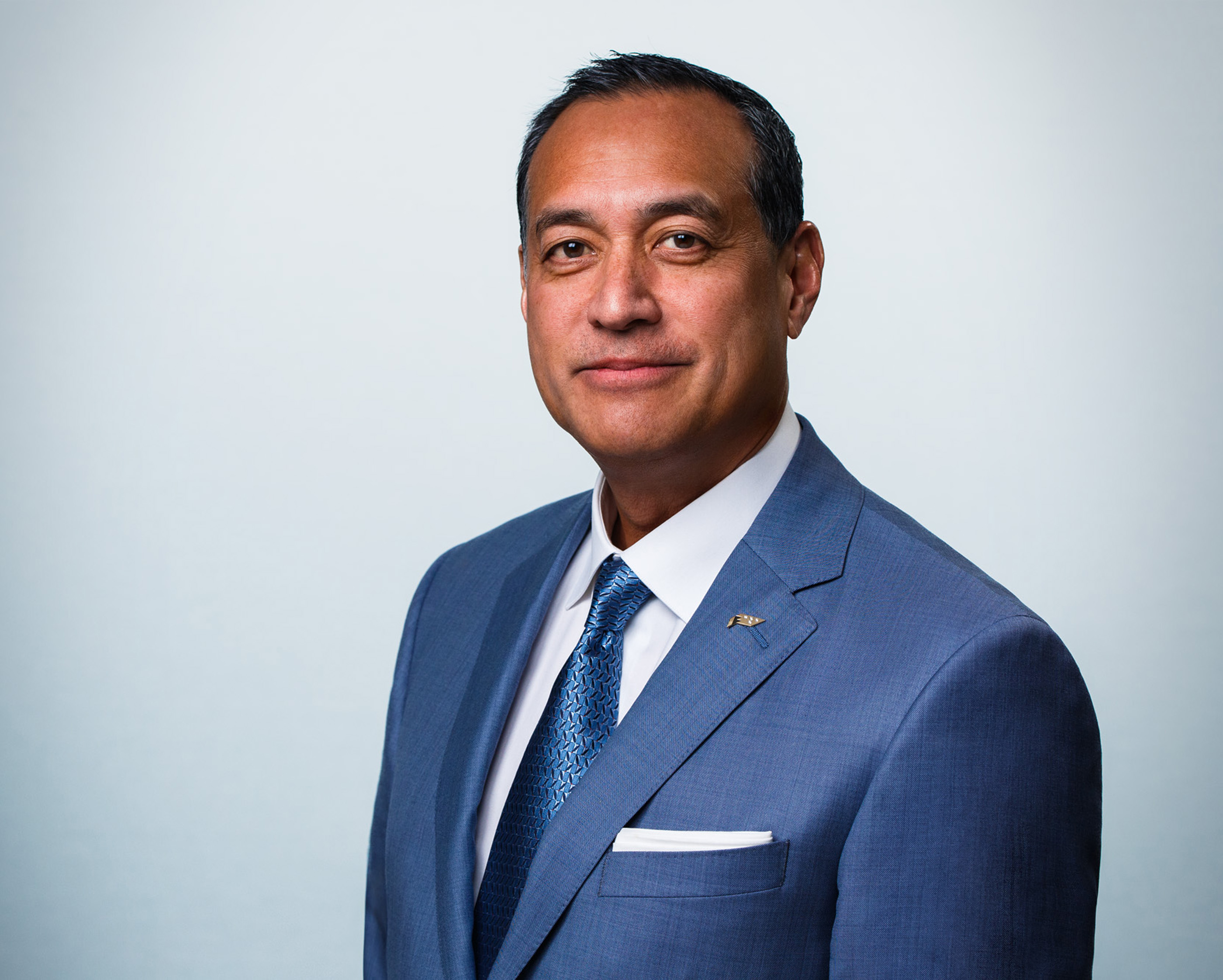
In October 2016, the International Maritime Organization (IMO) announced a new environmental regulation to come into effect as of January 1, 2020: the reduction of sulfur content in all marine fuels from the current 3.5% to 0.5% for ships operating outside the Emission Control Areas (ECAs)*.
Check out our video for a full breakdown of the IMO regulation changes.
This sulfur cap regulation comes as a response from the IMO to increasing environmental concerns, to which the harmful emissions from vessels are currently contributing.
Harmful emissions from vessels are a result of burning bunker fuel. This fuel is a residue from crude oil production. When used in ocean going vessels, the bunker fuel emits harmful levels of sulfur dioxide, nitric oxide, and carbon monoxide, all of which are harmful to marine and human life.
All carriers have to comply with the IMO regulation as of January 1, 2020. There are three main options that they can consider in order to comply:
- Carriers can simply procure compliant fuels at higher costs
- Carriers can install exhaust gas cleaning systems (scrubbers) on their ships, providing them the ability to clean their emissions, therefore, reducing them to levels compliant with the new regulation
- Ships can run on the clean gas, LNG (liquid natural gas) as fuel, which does not contain any sulfur when burned
Each of the three main options brings additional operating costs for the carriers, which consequently translates into increases in overall transportation costs. With each carrier continuing to manage their own bunker programs separately, there is still no industry-wide standard methodology that directly correlates the cost of bunker fuel with the amount allocated to moving a specific container.
In an effort to recoup the additional costs as transparently as possible, some carrier methodologies are considering any number of components (transit times, vessel capacity, vessel utilization, fuel consumption, etc.) to correlate, as best as possible, the cost of bunker fuel to the price per container on a particular trade.
Other carriers have chosen to wait and evaluate their bunker charges when they know more about where the market will settle.
Our conversations with all of our carrier partners are ongoing and, while bunker prices widely vary between carriers, our commitment to our customers remains the same – be fair and competitive in the trades in which we operate.
*Emission Control Areas (ECAs) are sea areas in which stricter controls were established to minimize airborne emissions from ships as defined by Annex VI of the 1997 MARPOL Protocol. These areas are EU waters, US coastal areas, and China & Hong Kong.




